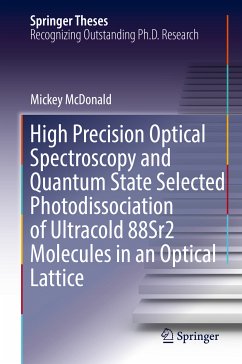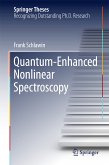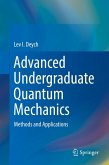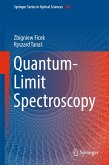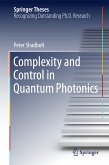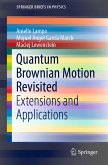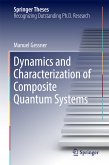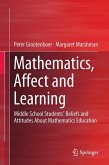This thesis unites the fields of optical atomic clocks and ultracold molecular science, laying the foundation for optical molecular measurements of unprecedented precision. Building upon optical manipulation techniques developed by the atomic clock community, this work delves into attaining surgical control of molecular quantum states. The thesis develops two experimental observables that one can measure with optical-lattice-trapped ultracold molecules: extremely narrow optical spectra, and angular distributions of photofragments that are ejected when the diatomic molecules are dissociated by laser light pulses. The former allows molecular spectroscopy approaching the level of atomic clocks, leading into molecular metrology and tests of fundamental physics. The latter opens the field of ultracold chemistry through observation of quantum effects such as matter-wave interference of photofragments and tunneling through reaction barriers. The thesis also describes a discovery of a new method of thermometry that can be used near absolute zero temperatures for particles lacking cycling transitions, solving a long-standing experimental problem in atomic and molecular physics.
Dieser Download kann aus rechtlichen Gründen nur mit Rechnungsadresse in A, B, BG, CY, CZ, D, DK, EW, E, FIN, F, GR, HR, H, IRL, I, LT, L, LR, M, NL, PL, P, R, S, SLO, SK ausgeliefert werden.
Hinweis: Dieser Artikel kann nur an eine deutsche Lieferadresse ausgeliefert werden.

